Improve Autism Symptoms with Stem Cell Therapy in Turkey
.png)
For parents of children with Autism Spectrum Disorder (ASD), the search for effective treatments often leads beyond traditional therapies like ABA or speech therapy. In recent years, Turkey has emerged as a global hub for regenerative medicine, offering advanced stem cell protocols that are both accessible and regulated. But how exactly does this biological treatment work, and what makes Turkey a preferred destination?
The theory behind stem cell therapy for autism is rooted in addressing the physiological "roots" of the condition rather than just the symptoms. Research suggests that many children with autism suffer from chronic neuroinflammation (inflammation in the brain) and immune dysregulation. Stem cells act as a powerful anti-inflammatory agent, potentially calming this "storm" and allowing the brain to function more efficiently.
In this guide, we will explore the specific mechanisms of how stem cells help, the types of cells used in Turkish clinics, and the practical details of cost and safety that every parent needs to know.
How does stem cell therapy improve autism symptoms?
The "magic" of stem cells lies in their ability to sense damaged tissue and repair it. When administered to a child with autism, the cells migrate to areas of inflammation and injury. Here is how they help:
- Reducing Inflammation: Many children with ASD have elevated levels of inflammatory cytokines. Mesenchymal Stem Cells (MSCs) can suppress this inflammation, potentially improving focus and reducing irritability.
- Improving Blood Flow (Hypoperfusion): Some studies indicate that certain areas of an autistic brain receive less blood flow and oxygen. Stem cells can stimulate the formation of new blood vessels (angiogenesis), bringing more oxygen to these dormant areas.
- Neuroprotection: The cells release neurotrophic factors (like BDNF) that protect existing neurons and encourage the growth of new synaptic connections, which is crucial for learning and speech.
What types of stem cells are used in Turkey?
Unlike some countries that rely on bone marrow (which requires a painful harvest from the child), Turkey specializes in Allogeneic Umbilical Cord MSCs. These cells are harvested from healthy, screened donations after C-section births.
Why Umbilical Cord Cells?
- High Potency: They are "young" cells with a higher capacity for replication and repair compared to adult stem cells.
- No Pain: No surgery is needed for the child; the cells are ready-to-use.
- Safety: They are stripped of blood products, meaning there is virtually no risk of rejection or graft-vs-host disease.
What is the success rate and what improvements can be expected?
It is important to manage expectations: stem cell therapy is not a cure for autism. However, it is a supportive therapy that can raise the baseline of a child's functioning.
Commonly Reported Improvements:
- Cognitive: Better focus, faster learning of new tasks, and improved memory.
- Social: Increased desire to play with others, better eye contact, and more affectionate behavior.
- Physical: Improved digestion (many ASD children have gut issues), better sleep patterns, and reduced hyperactivity.
- Verbal: Non-verbal children may start making sounds or saying words, while verbal children often see an expansion in vocabulary.
How much does stem cell therapy for autism cost in Turkey?
Turkey offers a high value-for-money proposition. The lower cost is due to lower operational expenses and government support for medical tourism, not a lack of quality. Most packages are all-inclusive, covering the treatment, hospital stay, transportation, and sometimes accommodation.
| Country | Estimated Cost | Cell Count (Avg) |
|---|---|---|
| Turkey | $5,000 - $15,000 | 50 - 100 Million |
| United States | $15,000 - $30,000 | Variable |
| Panama | $18,000 - $25,000 | 40 - 60 Million |
| Mexico | $8,000 - $12,000 | 30 - 50 Million |
Is the treatment regulated and safe in Turkey?
Turkey takes medical tourism seriously. Legitimate stem cell treatments are often conducted under "Hospital Exemption" protocols or specific clinical trial frameworks authorized by the Turkish Ministry of Health. This ensures that the laboratories processing the cells meet strict sterility and quality guidelines (GMP certification).
Parents should always verify that the clinic performs the procedure in a hospital setting rather than a small private office to ensure immediate access to emergency care if needed, although adverse reactions are extremely rare.
How is the therapy administered?
The administration method depends on the doctor's recommendation and the severity of the case:
- Intravenous (IV): The most common method. It works systematically to reduce total body inflammation (gut-brain axis). It takes about 45 minutes and is painless.
- Intrathecal (Lumbar Puncture): This delivers cells directly into the cerebrospinal fluid, bypassing the blood-brain barrier. It is more invasive and typically requires light sedation, but some neurologists believe it is more effective for neurological improvements.
Are there any risks or side effects?
Because the cells are "immune-privileged," rejection is not an issue. The most common reaction is a "flu-like" feeling for 24 hours as the immune system reacts to the new cells. This is often managed with simple rest and hydration.




.png)
.png)
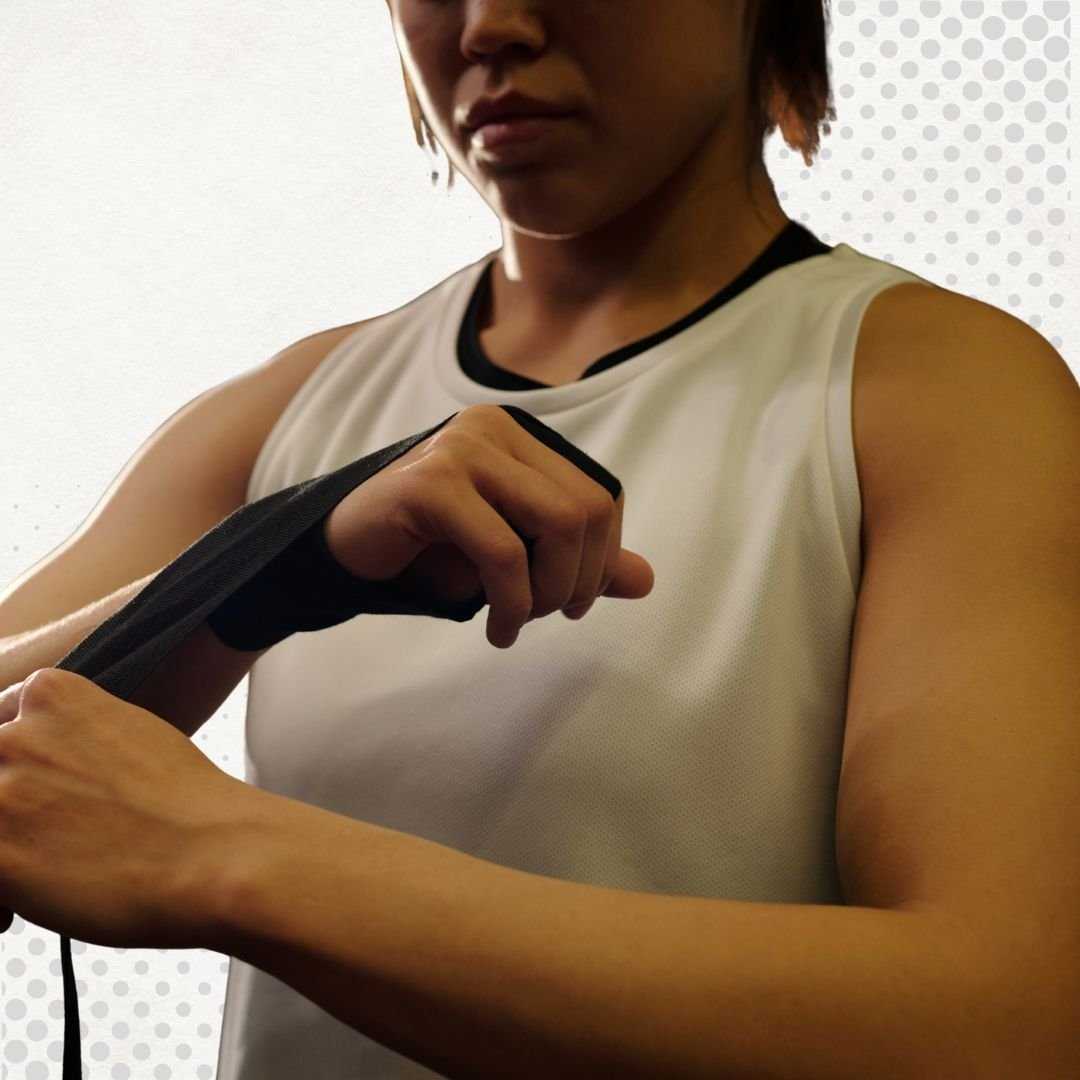
.png)

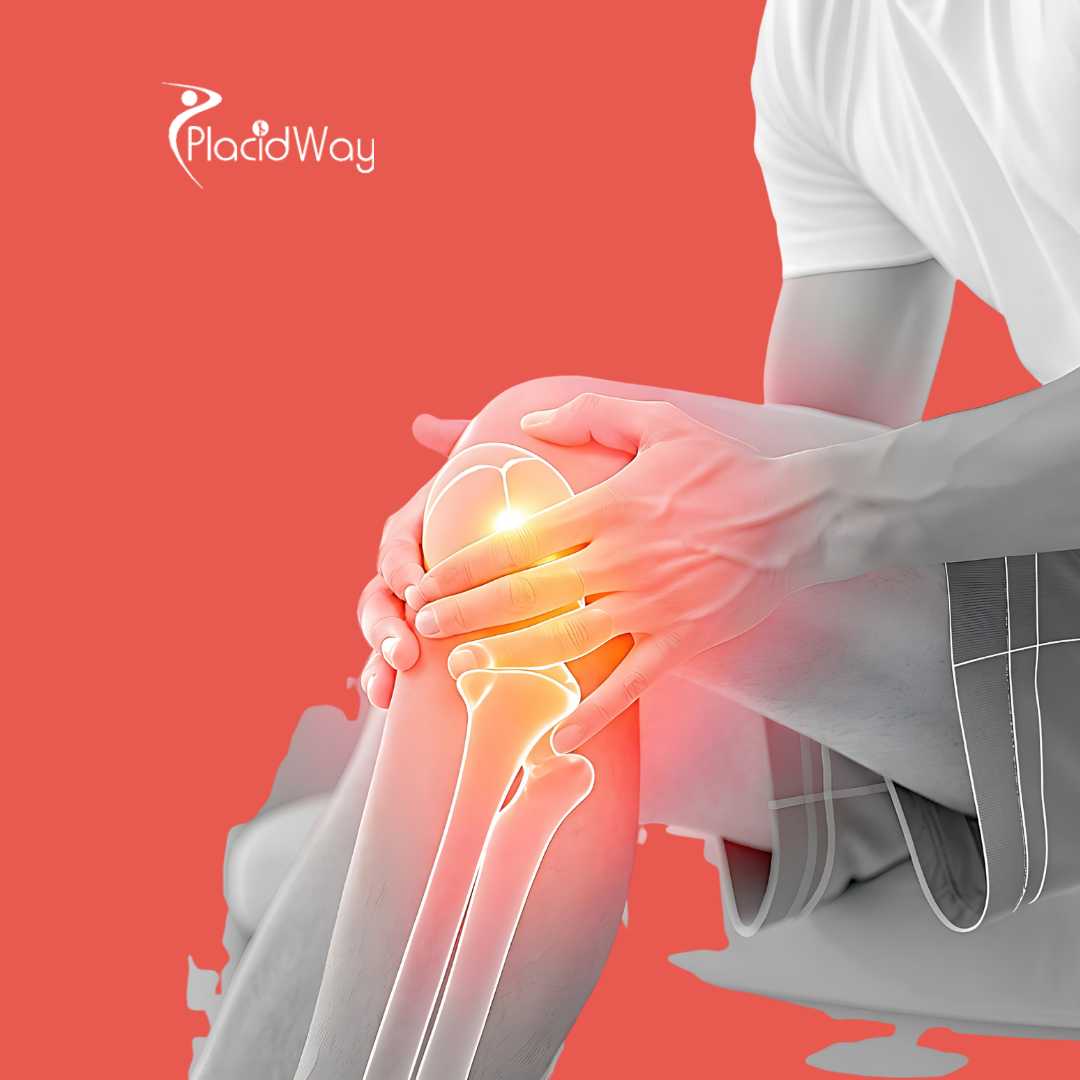
.png)
.jpg)


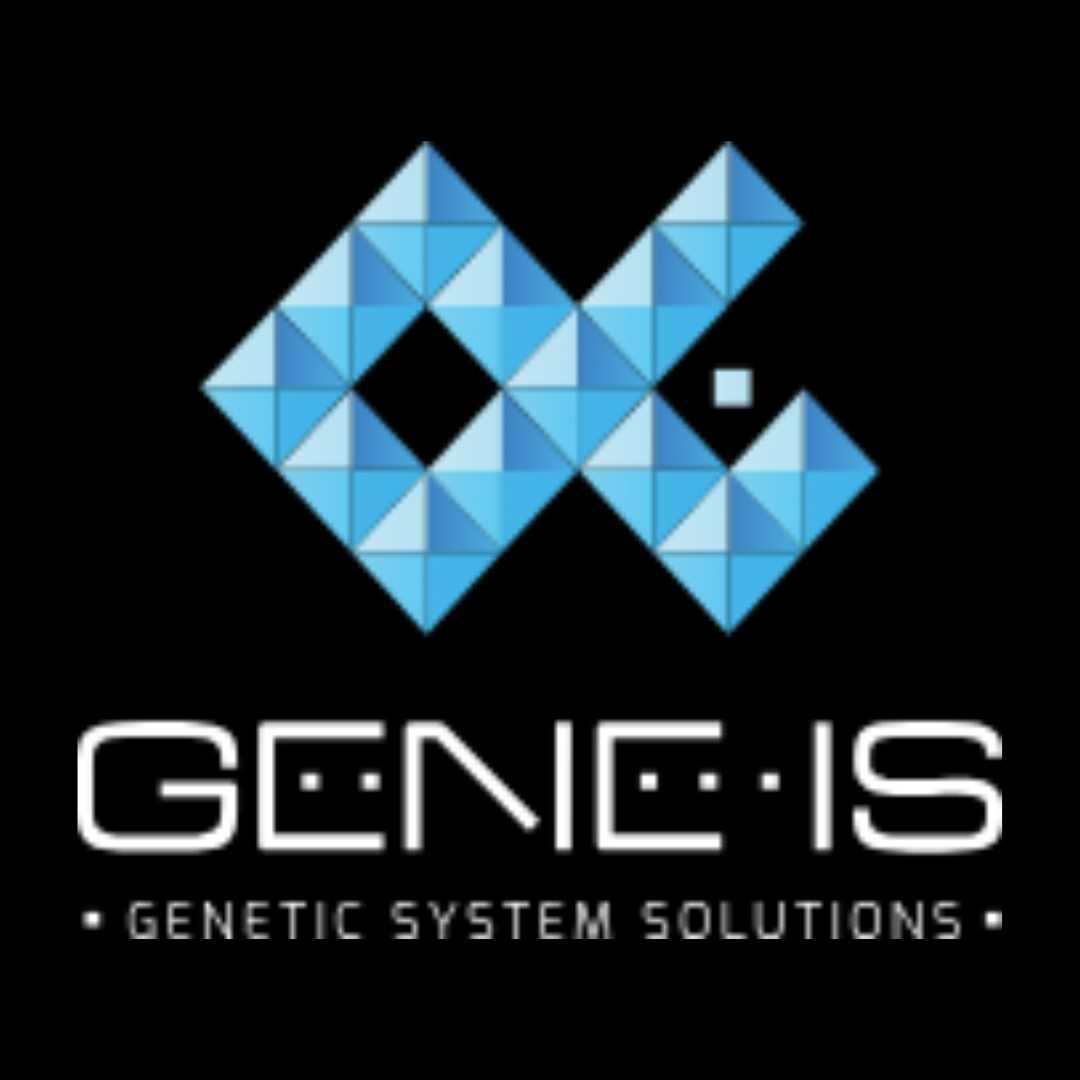
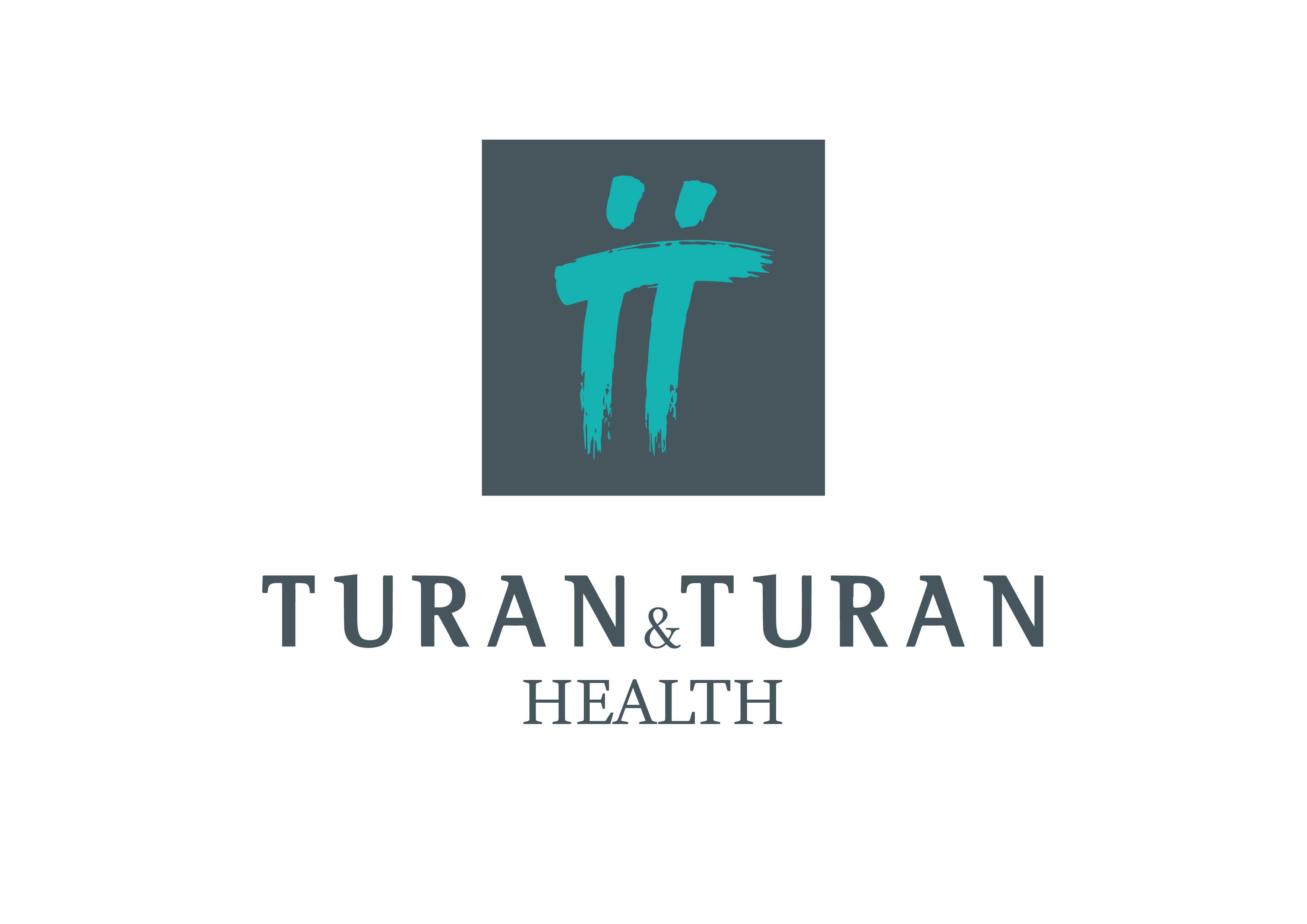
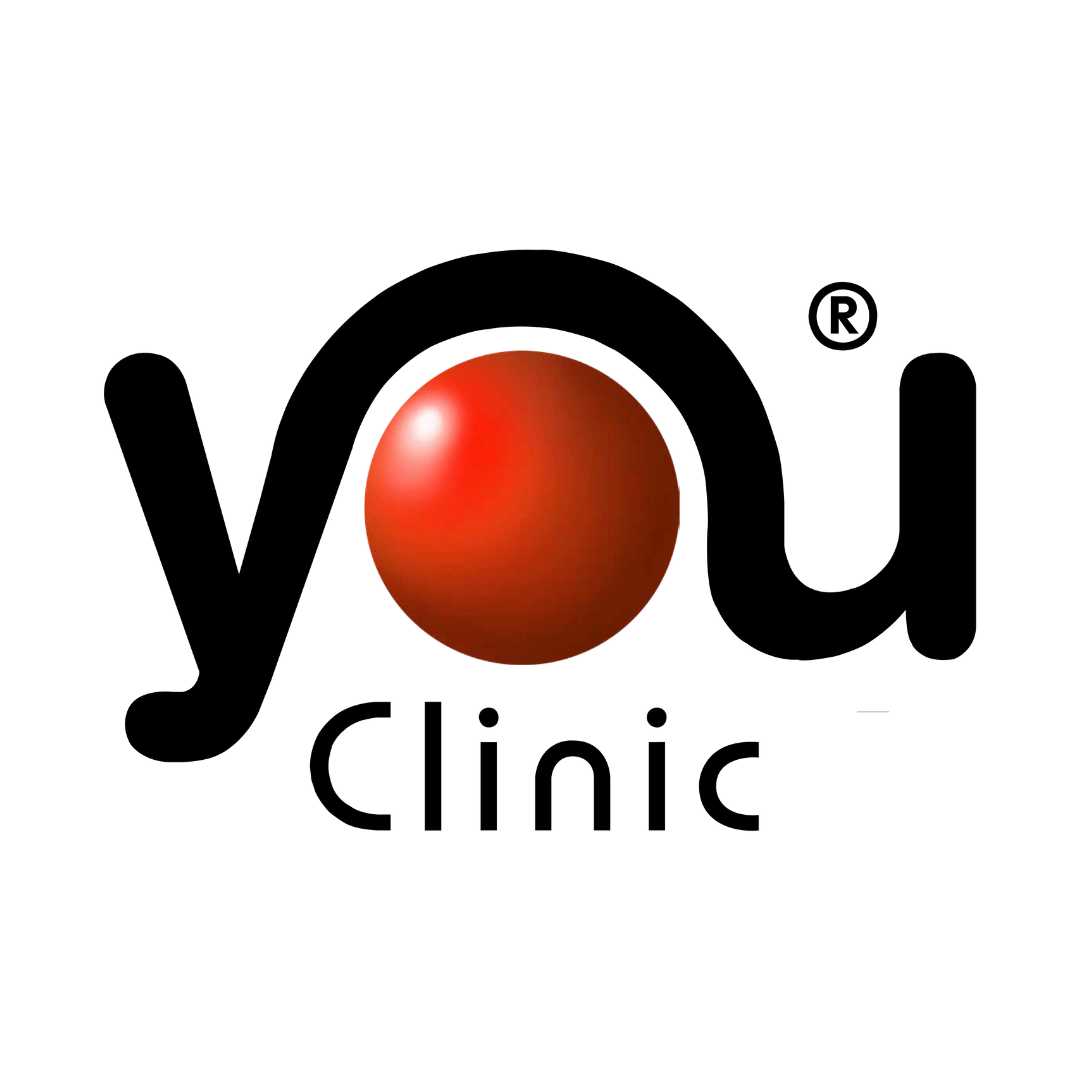
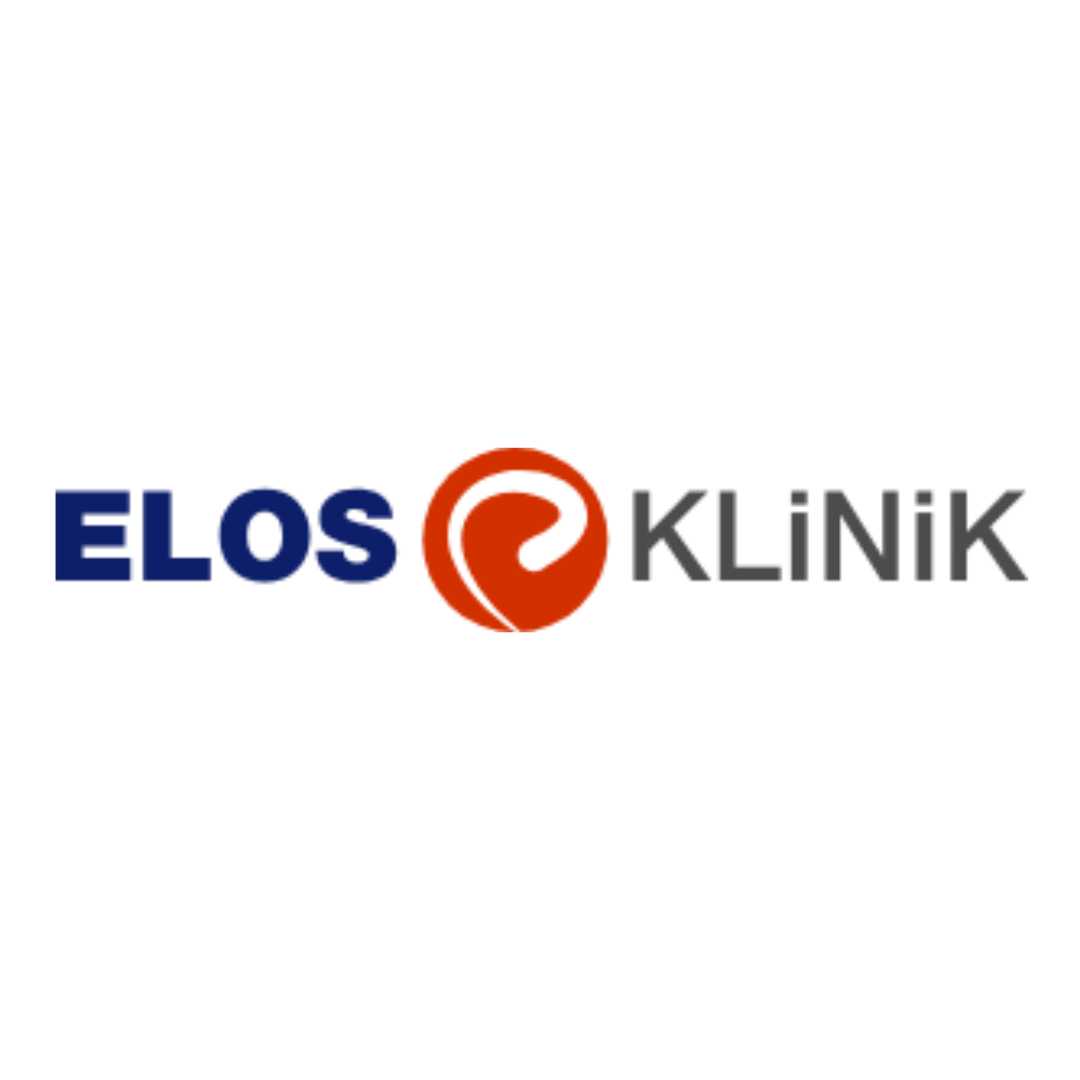

Share this listing